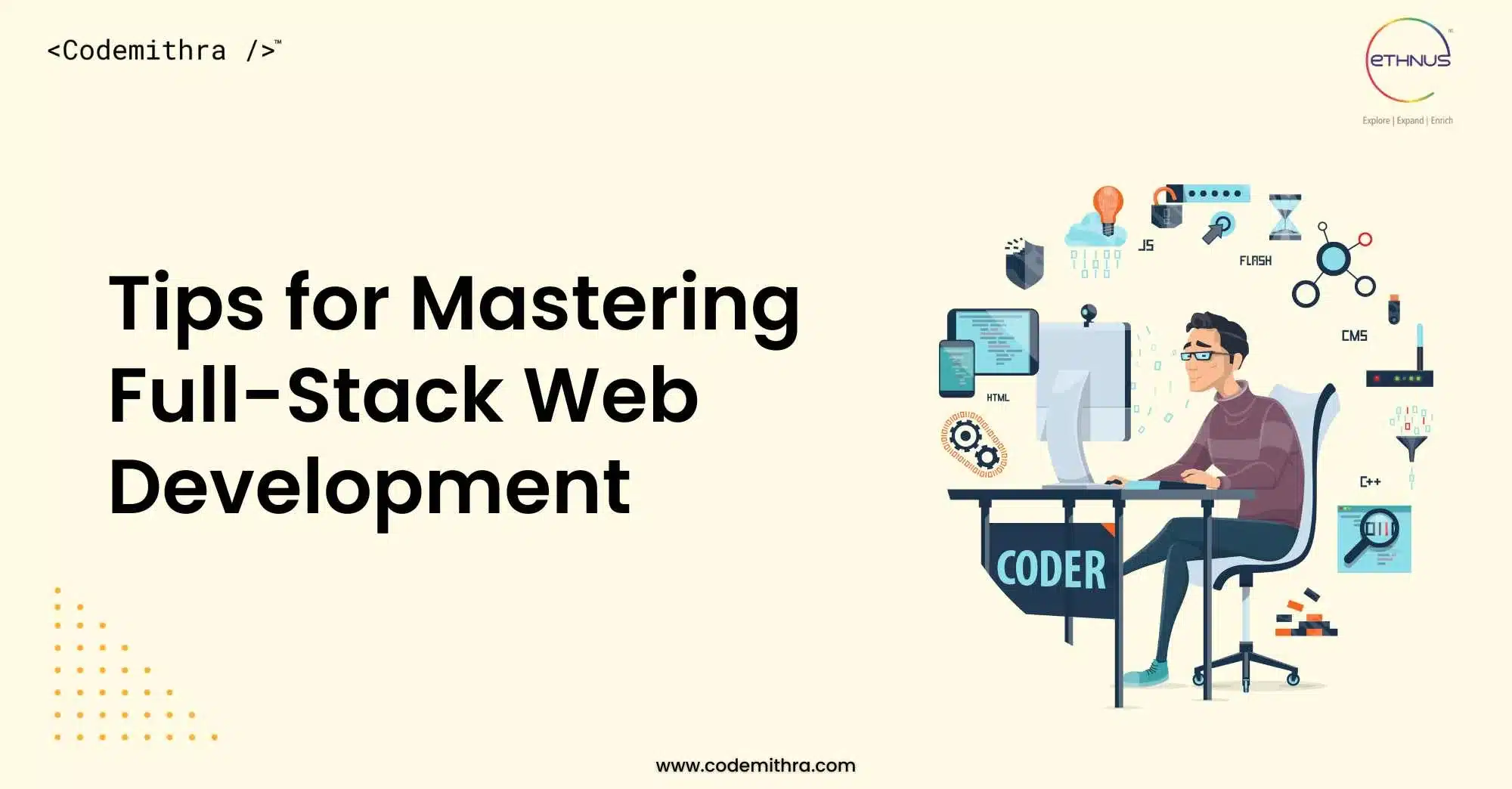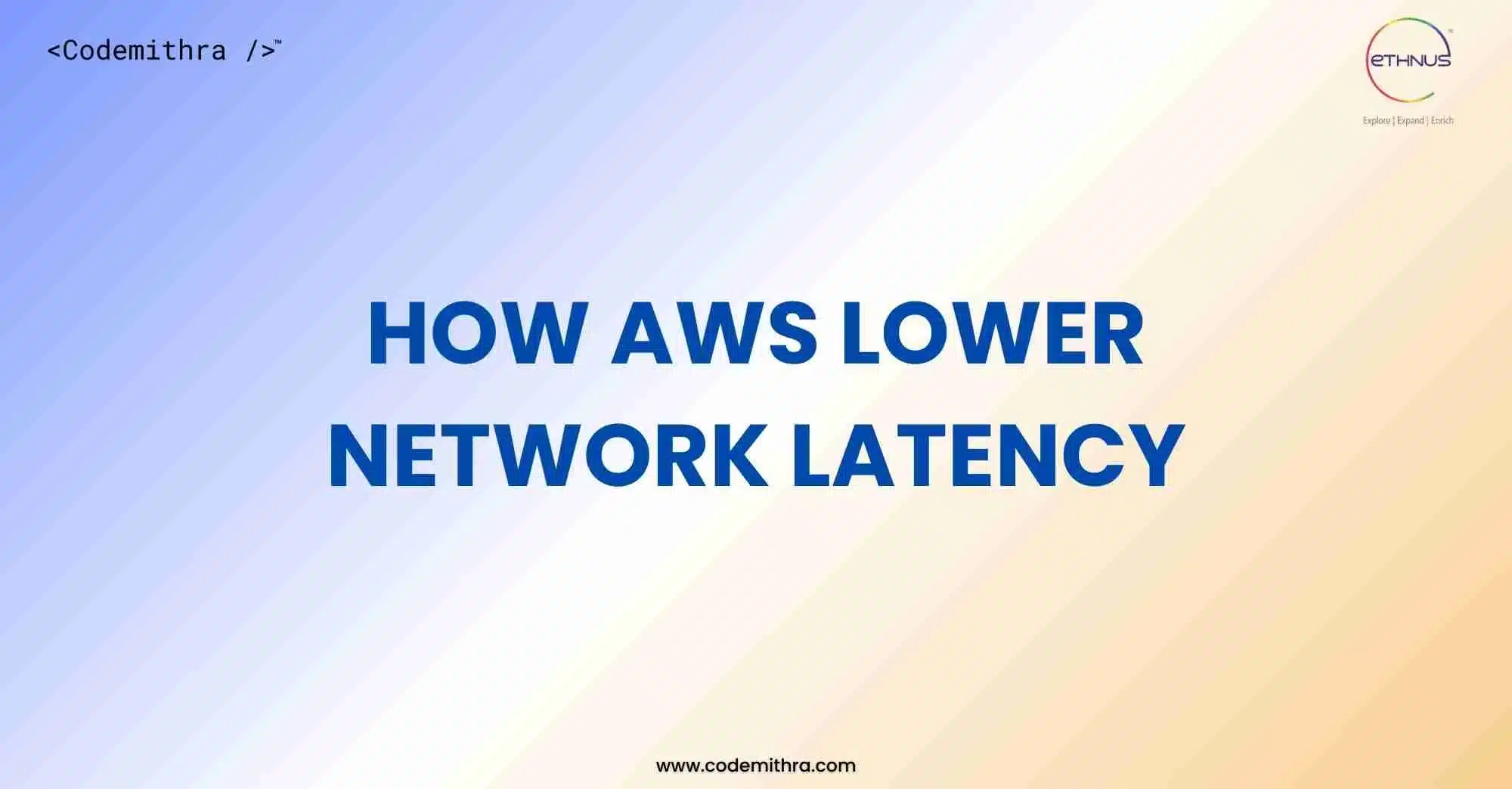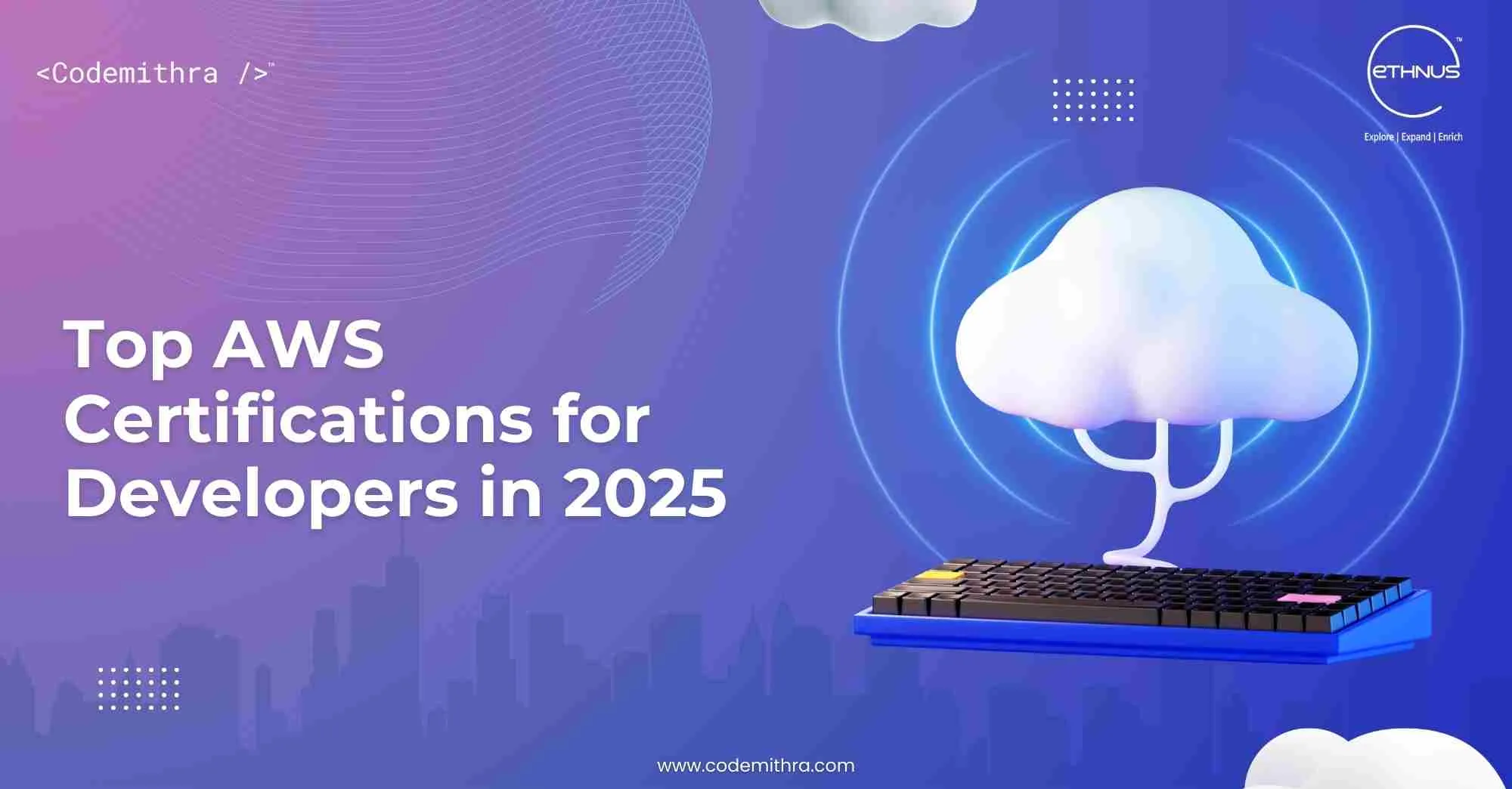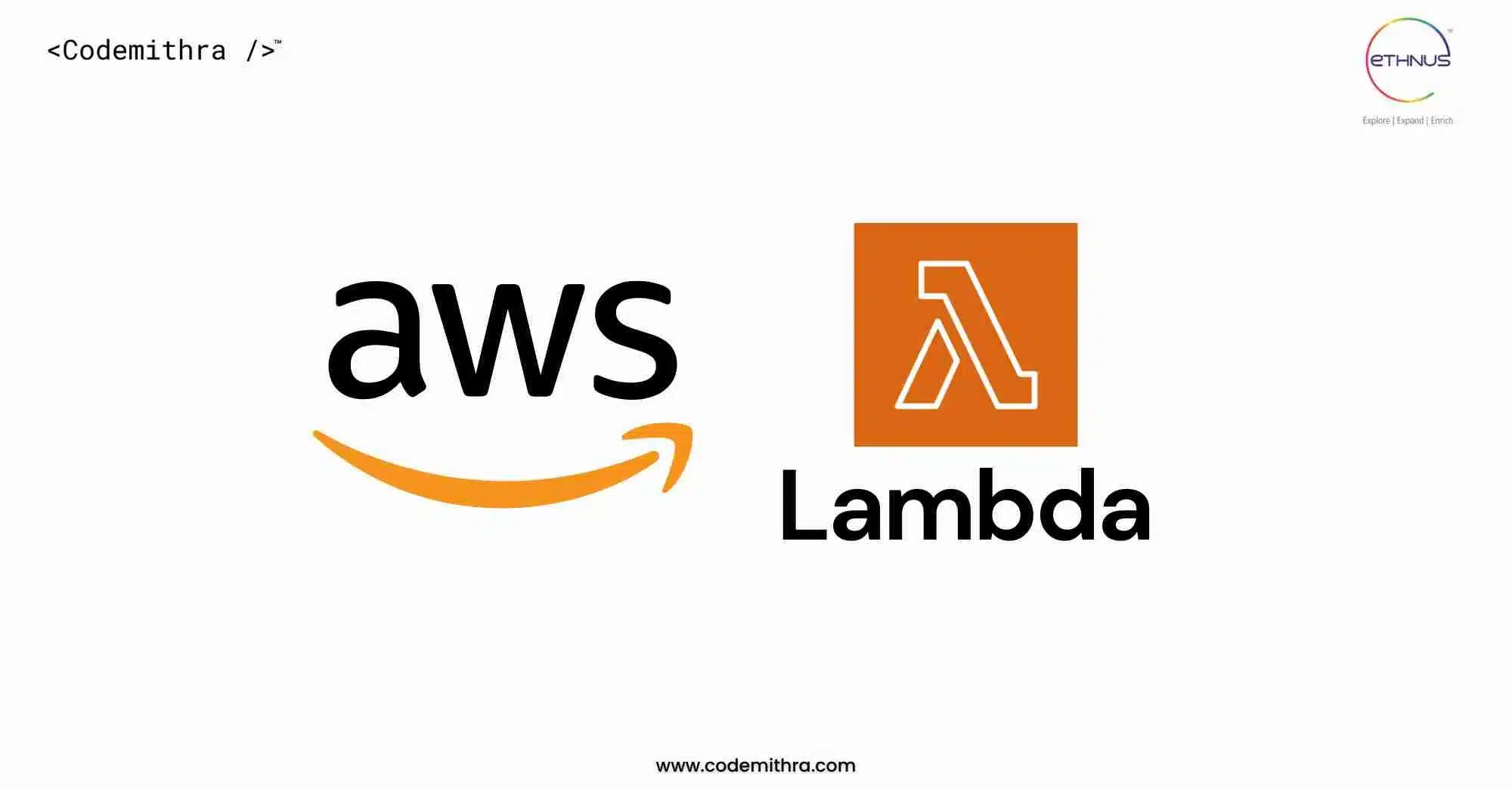Introduction
In today’s digital era, mastering full stack web development opens up a world of opportunities-from building robust web applications to enhancing career prospects and deepening understanding of web technologies. This blog explores effective methods to learn full stack web development, empowering you to embark on this enriching journey.
Understanding Full Stack Web Development
Before diving into learning methods, it’s essential to grasp the breadth of full stack web development. A full stack web developer proficiently handles both front-end and back-end technologies, managing everything from user interfaces to databases and server logic. This comprehensive skill set is crucial for creating seamless web experiences.
Best Methods to Learn Full-Stack Web Development
- Online Courses and Bootcamps
Online platforms like Coursera, edX, and Udemy offer structured courses and hands-on projects tailored for aspiring full stack developers. They cover front-end frameworks (e.g., React, Angular), back-end technologies (e.g., Node.js, Django), databases, and deployment strategies.
Advantages:
- Learn at your own pace with flexibility.
- Access expert instructors and industry-relevant content.
- Obtain knowledge of current industry trends and best practices.
- Some platforms offer certifications, boosting your job market credibility.
- Self-Study and Online Resources
For self-motivated learners, free resources like MDN Web Docs, W3Schools, and freeCodeCamp provide extensive tutorials, documentation, and coding challenges across all web development aspects.
Advantages:
- Freedom to explore specific topics based on interest.
- Stay updated on emerging technologies and trends.
- Engage in community forums for peer support and collaboration.
- Cost-effective compared to formal education options.
- Hands-On Projects and Portfolio Development
Hands-on practice is essential for becoming proficient in full stack development. Engage in personal projects or contribute to open-source initiatives to gain valuable skills and showcase your capabilities to potential employers.
Advantages:
- Apply theoretical knowledge in real-world scenarios.
- Enhance problem-solving skills through challenges.
- Build a portfolio demonstrating creativity and proficiency.
- Collaborate with other developers for insights and feedback.
- Networking and Mentorship
Networking within the developer community and seeking mentorship from experienced professionals accelerates learning. Attend meetups, join online forums like Stack Overflow, and participate in hackathons to connect with peers and industry leaders.
Advantages:
- Obtain an understanding of current industry trends and optimal practices.
- Receive guidance on career growth and skill enhancement.
- Access job opportunities through referrals and recommendations.
- Work together on projects with peers to enhance learning for all involved.
- Formal Education Programs
Universities and colleges offer degree programs and certifications in computer science, software engineering, or specialized full stack development tracks. These programs provide a structured curriculum, theoretical foundations, and practical experience through internships and projects.
Advantages:
- Access to expert-led courses and specialized facilities.
- Network with faculty, alumni, and industry partners.
- Benefit from career services and job placement support.
Ethnus Codemithra’s MERN Full Stack Course
Ethnus Codemithra’s MERN Full Stack course stands out as a comprehensive option for aspiring full stack developers. The syllabus covers MongoDB, Express.js, React, and Node.js—essential technologies for full stack development.
Key Features:
- Hands-on learning with real-world projects.
- Expert instruction from industry professionals.
- Career support including resume building and interview preparation.
- Networking opportunities with alumni and industry leaders.
Choosing Your Learning Path
The best way to learn full stack web development depends on your learning style, career goals, and availability. Whether through online courses, self-study, hands-on projects, networking, or formal education, each method offers distinct advantages. Consider combining multiple approaches to tailor your learning experience and maximize skill development.
Conclusion
Mastering full-stack web development requires dedication, continuous learning, and practical experience. You can embark on a fulfilling journey toward becoming a proficient full stack developer by selecting the learning approach that best suits your aspirations and leveraging resources like Ethnus Codemithra’s MERN Full Stack course. Embrace the challenges, stay updated with new technologies, and apply your skills to create innovative web solutions that impact the digital landscape.
FAQs
- What skills do I need to become a full-stack web developer?
Becoming a full stack web developer requires proficiency in both front-end (e.g., HTML, CSS, JavaScript) and back-end (e.g., Node.js, Python, databases) technologies. You’ll also need skills in version control, deployment strategies, and problem-solving.
- How long does it take to learn full stack web development?
The time to learn full stack web development varies based on individual pace, prior experience, and learning approach. Generally, it can take several months to a year to gain proficiency, depending on dedication and practice.
- What are the job prospects for full stack developers?
Full stack developers are in high demand across industries due to their ability to handle multiple aspects of web development. They can work in startups, tech companies, agencies, or freelance, with roles such as web developer, software engineer, or technical lead.
- How can Ethnus Codemithra’s MERN Full Stack course help my career?
Ethnus Codemithra’s MERN Full Stack course provides hands-on learning with essential technologies like MongoDB, Express.js, React, and Node.js. It offers real-world projects, expert instruction, and career support, enhancing your skills and employability.
- What are the benefits of networking and mentorship in full-stack web development?
Networking and mentorship enable you to stay updated on industry trends, gain career guidance, and collaborate with peers and professionals. They can lead to job opportunities, skill enhancement, and insights into best practices.

